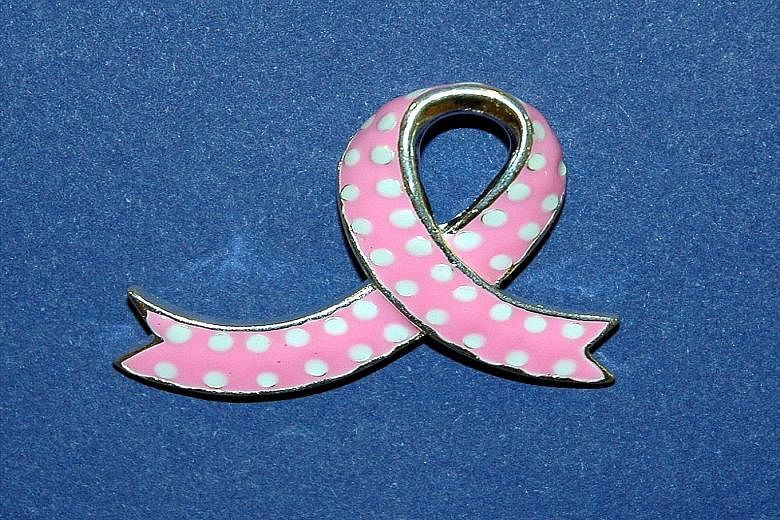Q I am in my early 40s. Both my mother and aunt were diagnosed with breast cancer in their late 40s.
I am concerned about my risk of getting breast cancer due to my family history. Would I have a high risk of also getting breast cancer and is there anything I can do about it?
A Breast cancer is the most common cancer among women. Around one in 10 women has a lifetime risk of getting breast cancer.

Approximately 80 per cent of all breast cancer cases are diagnosed in women above 50.
Although very few cases of breast cancer occur in women in their teens or early 20s, it is the most commonly diagnosed cancer in women aged under 39 years old.
The incidence of breast cancer in women has been increasing for many years in economically developed regions of the world. The rates in the Far East, which have historically been comparatively low, are now rising rapidly.
This uptrend has been linked to lifestyle changes, for example, in reproductive behaviour, weight gain, alcohol consumption and the use of hormone replacement therapy.

The rate of breast cancer among women who migrate from low- to high-risk countries typically increase rapidly to reach that of the local population, suggesting a strong effect of lifestyle or environmental factors.
A woman in her 20s has a one in 2,000 chance of getting breast cancer; for a woman in her 50s, it is one in 40. Having a mother or sister diagnosed with breast cancer roughly doubles one's risk of breast cancer. But more than eight in 10 women who have a close relative with breast cancer will never develop it.
Breast cancer genes - BRCA1 and BRCA2 - are strongly associated with breast and ovarian cancer. A woman with either gene has up to 90 per cent chance of getting breast cancer by the age of 80.
These genes can be tested by using a simple blood test. Generally, this test is recommended for women who have a strong family history of breast and ovarian cancer.
But only around 5 per cent of all breast cancer cases are associated with the BRCA gene mutation.
Women who have children have a slightly lower risk of breast cancer than women who have no children, due to reduced oestrogen exposure.
Starting periods (menarche) at an early age has been linked with a higher risk of breast cancer too.
A late menopause also raises one's breast cancer risk, due to the increased period of oestrogen exposure.
Lifestyle habits like drinking alcohol have also been shown to increase the risk of breast cancer.
To be safe, it is recommended that women should not drink more than 14 units of alcohol per week. One unit is equivalent to 10ml of pure alcohol, or 50ml of wine with 20 per cent of alcohol by volume.
-
GOT A PROBLEM?
E-mail your question to sthealth@sph.com.sg Specify Ask The Experts as the subject and include your name, age, gender, identity-card number and contact details.
The best way to guard against the disease, however, is to do regular breast self-checks and go for screening.
One of the most common ways you can screen for breast cancer is to do a mammogram test.
A mammogram test is an X-ray examination of the breasts to detect lumps or tumours.
BreastScreen Singapore is the national programme for breast cancer screening in Singapore. It encourages women aged 40 to 49 to go for yearly mammograms, and for women above 50 to be screened every two years.
While many Singaporean women have already undergone breast cancer screening at least once, some still fear undergoing the procedure, partly due to common misconceptions such as being over-exposed to radiation.
The truth is, the dose of radiation in a mammogram is so low that any associated risks are negligible when compared to the huge preventive benefits you can reap from the test.
With better breast cancer awareness among women and modern screening tools, women are well placed to win the fight against breast cancer.

